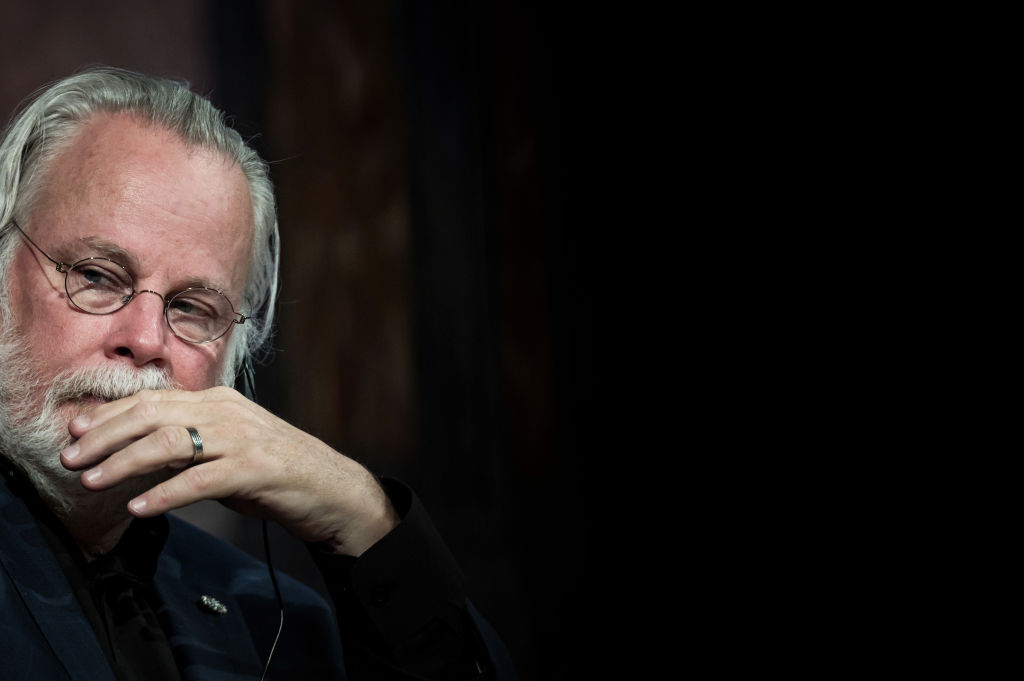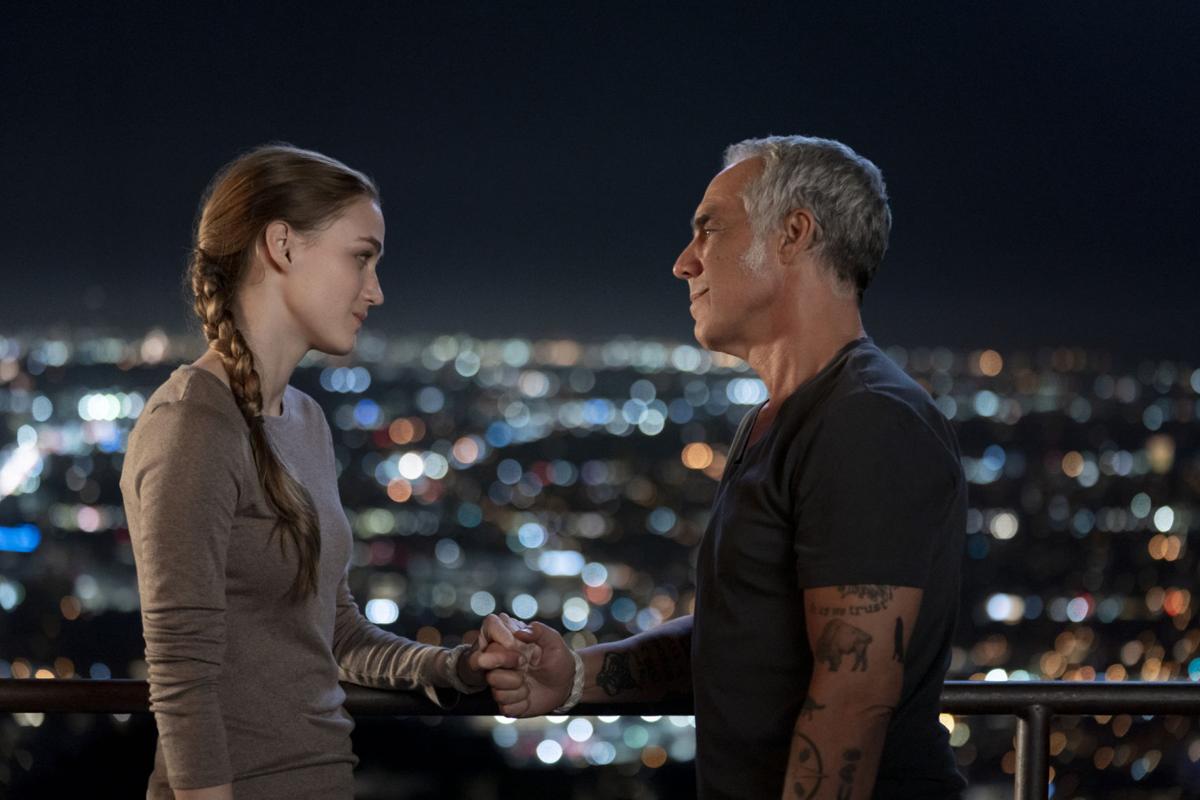
- Interviews
Michael Connelly and the World of Harry Bosch
normal’>Bosch returns for a sixth season, with Titus Welliver as Michael Connelly’s stoic and noble LAPD homicide detective Harry Bosch. Michael Connelly, a prolific detective novel writer whose work has also been adapted to films like Blood Work and The Lincoln Lawyer, has been in the writer’s room since Bosch’s beginning and is nothing but pleased with how his imaginary world has translated to the small screen. We spoke to the crime reporter turned novelist about his experience in the writers’ room.
normal’>Bosch draws from several of your books: this season takes much of its plot from The Overlook from 2007. What made you decide to create a show where each season takes its plotlines from several of your books? Why not from just one?
Having a lot of stuff going on is a way of building momentum, and, for the viewer, the more things move, the more they feel plugged in. It’s a show built for binge-watching, so we wanted a lot of stories going on at once.
We have been working like this from the first time we sat in the writer’s room with the showrunners. We wanted to have a case that Harry is personally connected to, and also, particularly with this season, we wanted a story that raises the stakes higher than anything we have seen on the show so far. It’s been 13 years since , so we changed the story of that quite a bit.
Bosch is about how the cases work the cop. Can you elaborate on what you mean by this?
But for Bosch, we did want that, but we also wanted another dimension where we explore the emotional costs of doing this kind of work. In Bosch’s job, he sees the dark and ugly side of humanity – when your career exposes you to that kind of darkness every day, some of it is going to rub off on you, and you have to look at that and figure out what you can do about it. That essentially is what we are exploring in Harry Bosch: it’s what I’m interested in writing in the books, and in the TV series we work with people who don’t want to sacrifice that by making the show only procedural. I know it does get procedural but there is a lot more going on on a personal level with the characters.
You have to build characters in your head, you have to figure out what they sound like and what their world is like. When you make a TV show, you take that part out of it. You are not building Harry Bosch’s image in your head, you are showing that this is what he looks like, and so we are taking a lot of the imaginative leap away from the viewer, and I think we have to replace that in terms of connection by providing really good stories with good actors and people who feel real in these situations. And I feel that we have done that to the extent that I wouldn’t change anything – I never find myself wishing we had maybe done something different in, for instance, season 2 or season 4. I have enjoyed the whole ride and believe that we have made a show that will stand the test of time. We have one more season to do when we have this virus thing behind us, and when we’re ready. we will go out and make the best show to be seen on whatever streaming platform, hopefully forever.
Titus Welliver and Madison Lintz in a scene from season 6 of Bosch. amazon prime

